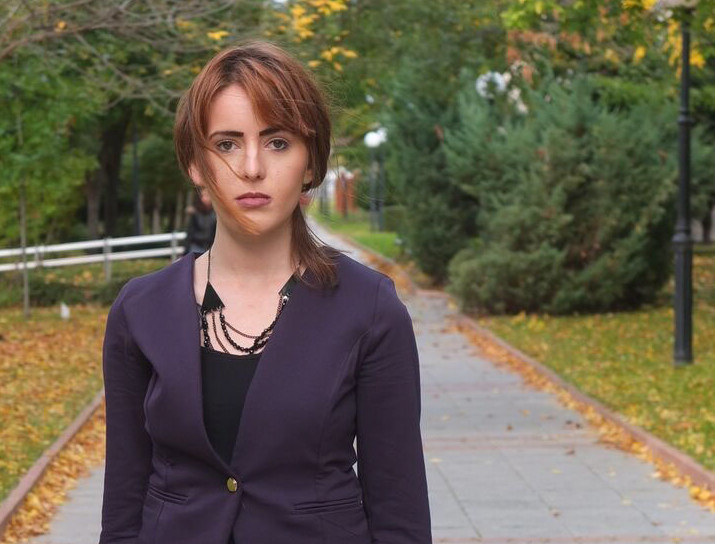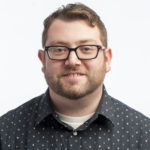While Elizabeth Gibson thinks her decision to move from Camas to Bulgaria for college was a spontaneous one, she knew going in there would be plenty of benefits.
“I realized the once-in-a-lifetime opportunity that lay before me: international experience and a higher education for an economical cost,” Gibson wrote in an email.
“Had I initially attended a college in the U.S., the resulting tens of thousands of dollars in student debt would have hindered my ability to travel to Europe for at least 10 years,” she wrote. “But guess what? I’m 18, freshly out of high school, and I’m living on my own in Bulgaria, and affordably traveling to surrounding countries, including Greece, Germany and France.”
Her interest in politics started after watching the first season of “House of Cards.” After that she enrolled in an Advanced Placement U.S. government and politics class at Camas High School, which she called “one of the most fascinating classes I’ve ever had the privilege to delve into.” After graduating from Camas, Gibson was accepted into American University in Blagoevgrad, Bulgaria.




